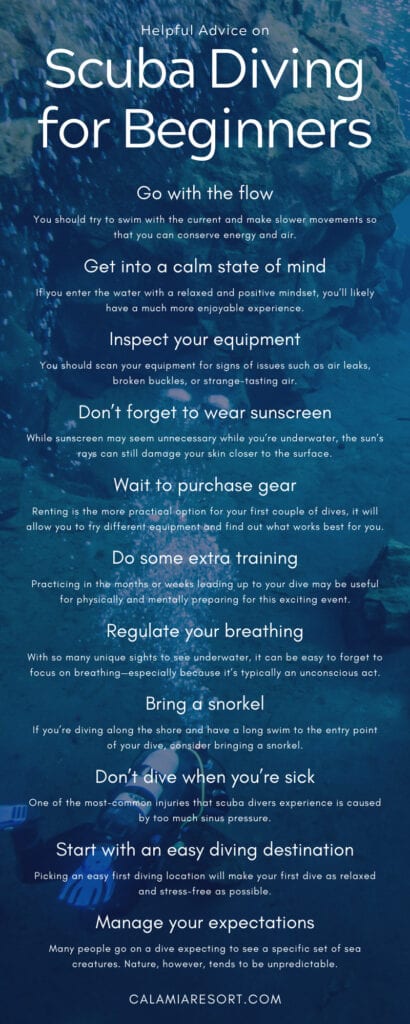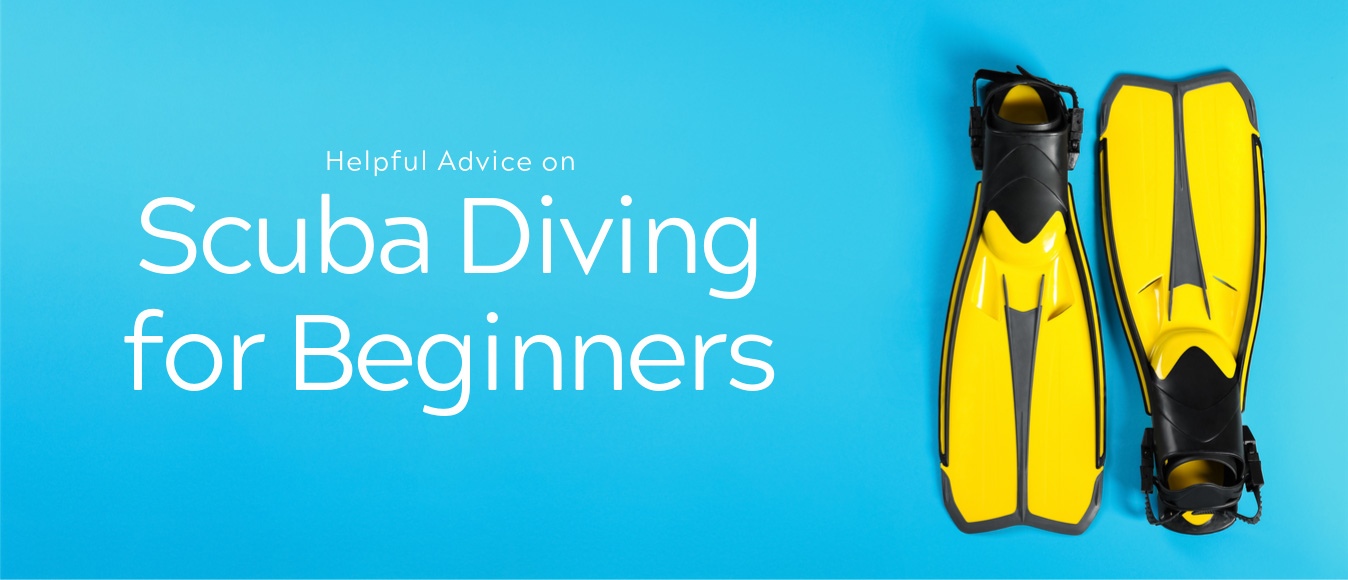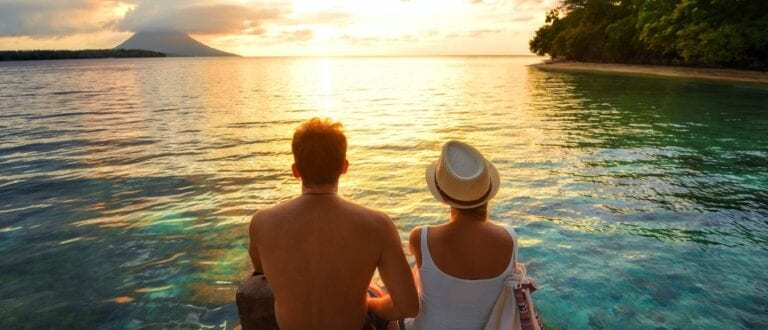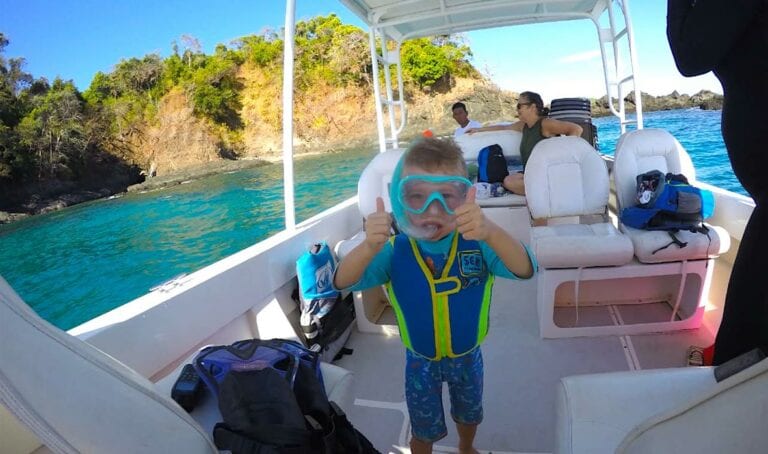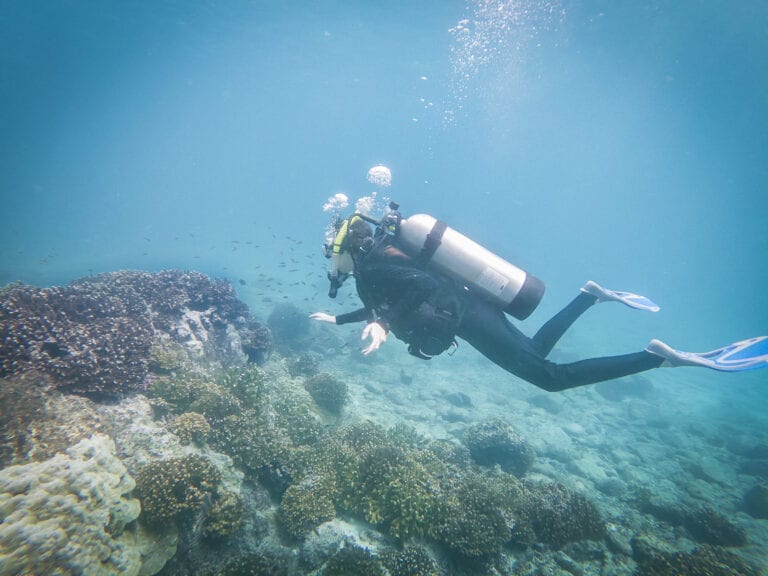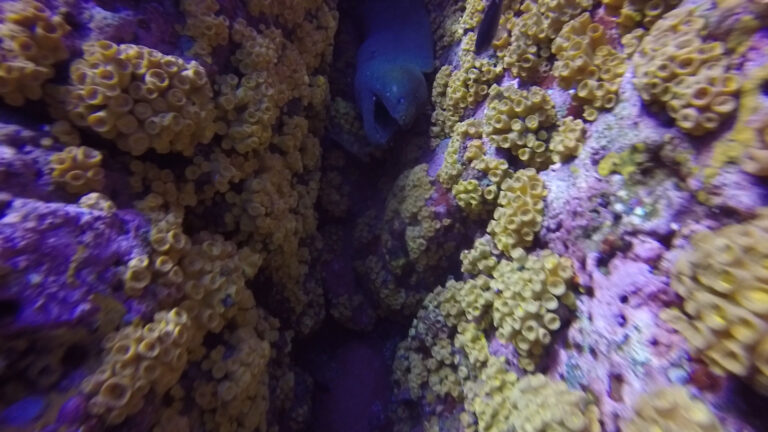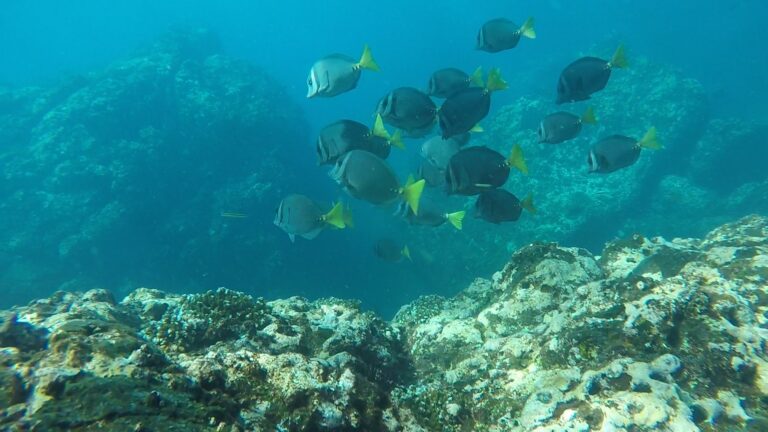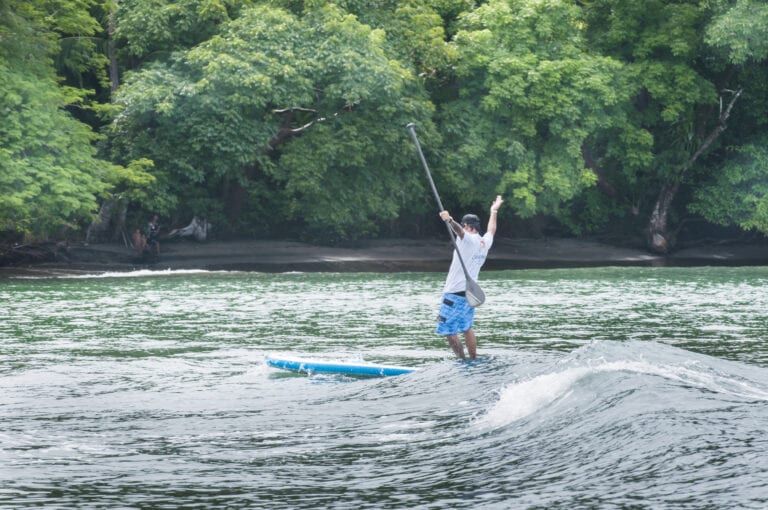Helpful Advice on Scuba Diving for Beginners
Your first scuba diving experience comes with a mix of many different emotions—excitement, nervousness, adrenalin, wonder. All of them come together as you explore the world below the surface for the first time. To ensure your first scuba diving experience is what you hoped it would be, consider this advice on scuba diving for beginners.
Go with the flow
Swimming against the current throughout a dive expends a lot of energy. This means that you’ll likely be taking bigger breaths which will use up more air and shorten the duration of your dive. As such, you should try to swim with the current and make slower movements so that you can conserve both energy and air.
Get into a calm state of mind
While being nervous is normal before your first dive, excessive anxiety can create a dangerous situation. Getting too nervous and worked up underwater will likely result in quick, shallow breathing which uses up air and other unsafe behavior. As such it’s important to maintain a calm attitude while on a dive. Before going on a scuba excursion, consider doing some deep breathing exercises, meditating, or doing another activity that you find calming. If you enter the water with a relaxed and positive mindset, you’ll likely have a much more enjoyable experience.
Inspect your equipment
If you’re renting equipment from a dive center, a thorough equipment inspection was likely already performed to ensure that it isn’t damaged or defective in any way. Doing a quick check before a dive, however, isn’t a bad idea—especially when entering a situation where properly functioning gear is essential. As such, you should scan your equipment for signs of issues such as air leaks, broken buckles, or strange-tasting air.
Don’t forget to wear sunscreen
While sunscreen may seem unnecessary while you’re underwater, the sun’s rays can still damage your skin when you’re closer to the surface. Plus, if you have to take a boat to your scuba diving destination, you’ll be exposed to the sun during the ride. To avoid having to put a tight wetsuit over a sensitive sunburn, make sure to protect your skin.
Wait to purchase gear
From buoyancy control devices to regulators, scuba diving gear can be expensive. As such, there’s no need to splurge on a whole set of scuba gear before you’ve even completed your first dive. Renting is the more practical option for your first couple of dives as it will allow you to try out different equipment and find out what works best for you. Further, if you aren’t planning on scuba diving regularly, it might not be practical to invest in a whole set of gear. After gaining more diving experience, then you might consider investing in your own set.
Do some extra training
Aside from going to mandatory scuba diving training sessions, there are other ways to train and prepare for your first dive. Activities such as swimming will help you become more comfortable in the water and learn how to better maneuver your way around without expending too much energy. Yoga can also be beneficial because it will teach you deep breathing techniques which will help you stay calm and prevent using up too much air quickly. Practicing such activities in the months or weeks leading up to your dive may be useful for physically and mentally preparing for this exciting event.
Regulate your breathing
While remembering to take slow, steady breaths underwater is second nature to more-seasoned divers, beginners may forget to focus on their breathing. With so many unique sights to see underwater, it can be easy to forget to focus on breathing—especially because it’s typically an unconscious act. However, when your underwater, breathing doesn’t seem natural, especially if you’re a new diver. As such, people can sometimes forget to breath and end up holding their breath without realizing. On the other hand, people can get over excited or nervous and start to take rapid, heavy breaths which is equally dangerous as it uses up more air in the tank. To prevent these situations from occurring, consider counting the seconds between your breaths and slow your breathing down as much as possible until you get to a comfortable, steady rhythm.
Bring a snorkel
If you’re diving along the shore and have a long swim to the entry point of your dive, consider bringing a snorkel. You can use it while swimming to and from your decent point rather than your regulator. Doing so will make your swim much more comfortable without having to use up air from your cylinder. As such, you’ll be able to spend more time exploring the dive site. Bringing a snorkel can also be useful if you must wait to be picked up at your location by a boat. If the conditions are rocky, using a snorkel will make it easier to breathe at the surface.
Don’t dive when you’re sick
Symptoms of a harmless common cold can be exacerbated when you go under the waves. One of the most-common injuries that scuba divers experience is caused by too much sinus pressure. If you’re already congested, your experience surely won’t be a good one. As such, you should reschedule your dive for when you’re feeling healthier. After all, you wouldn’t want a bad first experience to deter you from going diving in the future.
Start with an easy diving destination
It goes without saying that some diving destinations are much more difficult than others. While you may be ambitious and want to attempt a challenging dive right away, doing so could be dangerous. Conditions such as water temperature, currents, and visibility will all play a role in how challenging your dive is. As such, your first dive should ideally have a moderate to warm temperature, low currents, and high visibility. Picking an easy first diving location will make your first dive as relaxed and stress-free as possible.
Manage your expectations
Many people go on a dive expecting to see a specific set of sea creatures. Nature, however, tends to be unpredictable. While you may get to observe whales or a sea turtles, there is a chance that you might not. But just because you don’t see your favorite aquatic animal doesn’t mean you still can’t have an incredible dive. To avoid disappointment, make sure to manage your expectations before entering the water.
If you’re looking for the perfect location to have your first scuba diving experience, consider Cala Mia Island Resort. We are a Panama scuba diving resort that helps visitors explore some of the best dive sites in the country. Our dives are conducted at a variety of locations along the breathtaking Gulf of Chiriqui—including Isla Secas, Coiba Island, and Isla Ladrones. To schedule what is sure to be an incredibly-memorable dive, contact us today.
